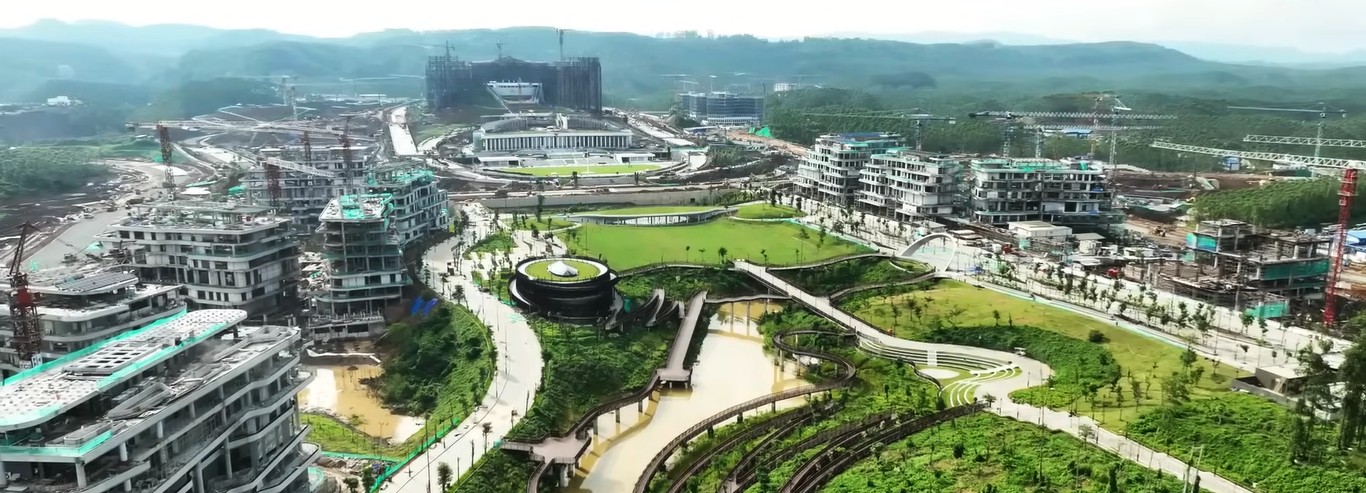Think of it as Putrajaya, but on an entirely different scale: The ambitious plan to relocate Indonesia’s capital from Java to Borneo is facing a number of challenges.
Jakarta, the current capital of Indonesia, is not only overpopulated but also sinking. Southeast Asia’s largest megacity is home to approximately 10.6 million residents, with 40% of the surrounding metropolitan area below sea level. Climate change has exacerbated this issue, leading to more frequent flooding across the capital.
In response, the Indonesian government approved an ambitious plan in 2019 to build a new capital city, Nusantara, located about 220 km from Jakarta – though on an entirely different island. Although Nusantara is not expected to be fully completed until 2045, it was slated to be operational as the new seat of government in time for the inauguration of Indonesia’s next president in October.
However, this timeline is now under threat. According to Bloomberg and other sources, construction delays, funding concerns, and a series of high-profile resignations have cast doubt on the ability to open Nusantara before President Joko Widodo’s term ends.

Nusantara, envisioned as Indonesia’s new administrative capital, requires the construction of ministerial offices, a presidential palace, and residential and office space for at least 10,000 civil servants in East Kalimantan, on the Indonesian side of Borneo. Yet, large areas surrounding these key government buildings remain unfinished. Access roads are unpaved, often turning into muddy pathways during rainstorms, hampering construction progress.
Water and electricity supply issues have also caused multiple delays in relocating civil servants, with only one office building ready to accommodate four government agencies as of now, Bloomberg reported. The latest estimate suggests that office and housing complexes may be ready by later in September, but President Widodo acknowledged the uncertainty: “But if it’s not ready, we’ll postpone it,” he told reporters.
Further complications arose in June when two senior officials overseeing the project resigned. Logistical challenges also affected plans to hold Indonesia’s recent Independence Day celebrations in Nusantara on August 17th, with the guest list significantly reduced from 8,000 to 1,300 attendees.
“The accommodation was not enough, as well as food, since the ecosystem has yet to be built here,” Widodo explained at a press conference, per a recent report in the Financial Times.

Despite these setbacks, president-elect Prabowo Subianto has vowed to continue the project when he takes office. Nevertheless, concerns about Nusantara’s funding persist. The Indonesian government has pledged to cover only around 20% of the total costs, and efforts to secure additional financing have proven challenging. In March 2022, Japan’s SoftBank withdrew its investment in the project.
So far, over 400 companies have expressed interest in investing, but actual commitments amount to only around $3.5 billion, according to President Widodo. Subianto’s dedication to the project may help bolster investor confidence, and the government is offering attractive incentives, such as land concessions for up to 160 years and substantial tax breaks, to attract more funding.
"ExpatGo welcomes and encourages comments, input, and divergent opinions. However, we kindly request that you use suitable language in your comments, and refrain from any sort of personal attack, hate speech, or disparaging rhetoric. Comments not in line with this are subject to removal from the site. "



















